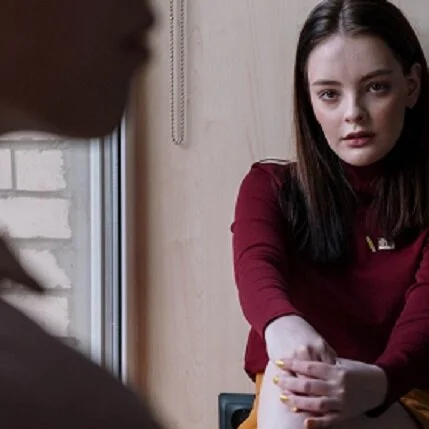Divorce has been a part of our society for centuries, but over time the expectations and assumptions of divorcing parties has developed and changed. Spousal maintenance is no longer viewed as a guaranteed income for the primary carer of the couple’s children especially when retirement is looming, and the recent pension changes brought in last year may affect a spouse’s interest in their ex-partner’s existing pension.
Maintenance
30 years ago, it was not uncommon for spousal maintenance to be granted on a “joint-lives” basis which meant the receiving party would benefit from maintenance for the lifetime of the paying party. In today’s modern society, this view is changing as our culture embraces the idea that men and women are able to work alongside each other successfully. Only recently, Lord Justice Pitchford said “divorcees with children aged over seven should work for a living” in the case of Wright v Wright.
Under s31 Matrimonial Causes Act 1973 a party can bring an application to vary a maintenance order made previously. With some spouses coming up to retirement, finding the funds to continue paying maintenance can be a daunting concept. You may be able to review the maintenance you are paying, either because your circumstances are changing or your ex-partner’s circumstances have or will be changing.
Pensions
With the pension reforms of recent, some divorcees who have a “pension earmarking order” made in their favour could lose out on the money they are expecting on their ex-partner’s divorce. A Pension Earmarking Order sets out that one party is entitled to receive a specific percentage of their ex-partner’s income from any pension received.
However, pension reforms have given people the ability to receive a one-off cash lump sum instead of an income-based pension. Old Mutual Wealth commented this week that 6% of those eligible to take such action will be doing so.
A lot of Pension Earmarking Orders would have been made before Pension Sharing was available and it is therefore important that these people act promptly, especially if their husband is reaching retirement age. They need to ensure that they receive the same benefits if their ex-partner takes a lump sum instead of an income from their pension.
If you believe that your upcoming retirement is going to affect the affordability of your current maintenance arrangements, or you know you have a pension order from time ago and your ex-spouse is coming up to retirement, then please contact us to discuss whether we can help you.
Victoria Clarke – rhw’s Family Law Team phone or email




